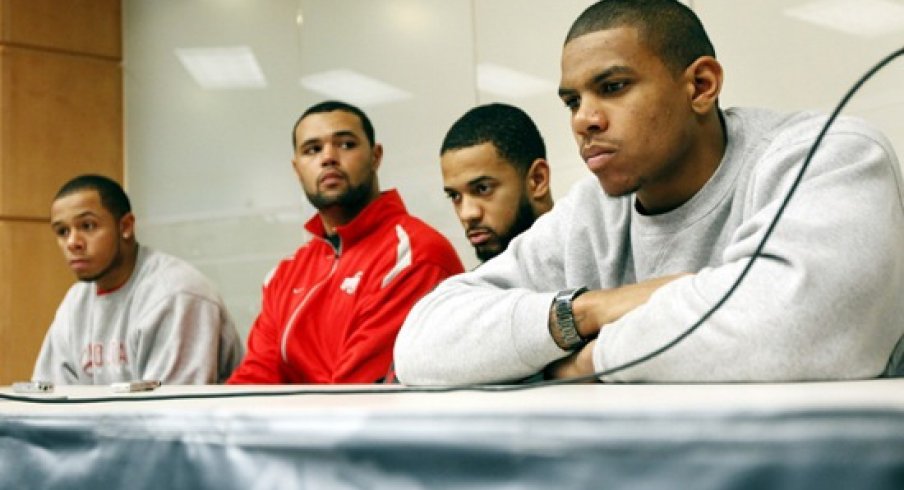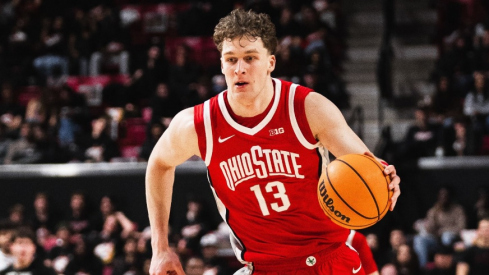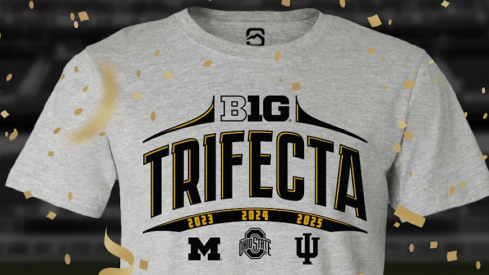Tatgate — and Jim Tressel's FOIA-requestable cover-up — looks a lot different in the scheme of NCAA scandals in 2014 than it did in 2010.
Since then, the NCAA and media have gone under quite the transformation in how scandals are reported and enforced. (For a glaring example, look at the lack of penalty/media outrage for North Carolina's fictional classes for athletes).
Tim Nevis, a former NCAA investigator responsible for interrogating Jim Tressel and investigating "how deep it went" at Ohio State, has since underwent a similar change. (Although, to be fair, his views seem to align with those who are cutting his salary checks.)
Here's Nevis, now a lawyer for a firm that represents clients against the NCAA, in an interview with Cleveland.com's Doug Lesmeries:
"I think now that I am on this side and we have brought this lawsuit, maybe I realize a little bit more how sort of silly some of the underlying rules are," Nevius said. "At the time I remember having pause to think about that, but now it's even more stark, I guess I would say, that the rules that were the underlying rules that were violated by the student-athletes are a bit silly.
"Now at the same time the reason the case escalated to the point it escalated was because of Coach Tressel's knowledge of the violations and I think that's in a different category."
Yes, people do tend to forget ultimately Jim Tressel played a direct role in his downfall and some of the penalties brought upon Ohio State.
Nevis, however, disagrees with the widely-held assumption Jim Tressel lied to the NCAA:
"[Tressel] was always very professional, and I think one of the misperceptions was that, and when people look back and talk about the case, they still make an error and say that Coach Tressel lied to the NCAA, and that is not accurate.
With the O'Bannon lawsuit heading to trial next week, perhaps, in the end, the "Tat Five" will be at the historical forefront in changing the debate on how student-athletes are compensated.
While it's hard to defend Jim Tressel knowingly playing ineligible players, it's even harder to indict the Tat Five for doing anything ethically wrong in the first place.


